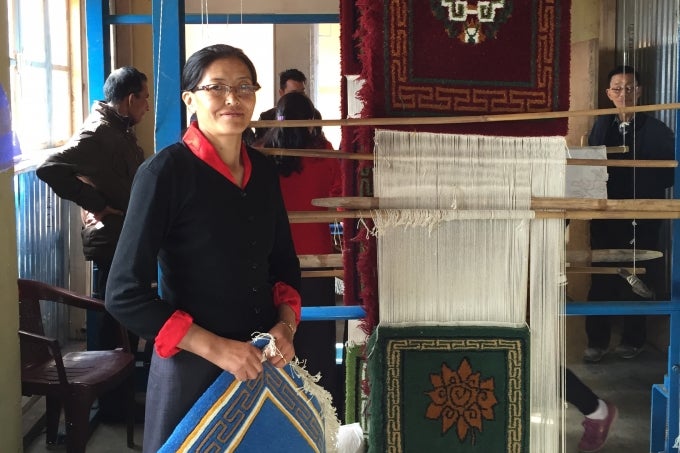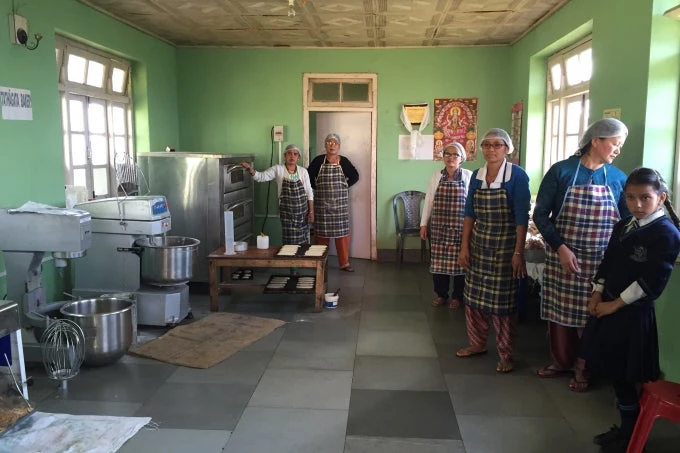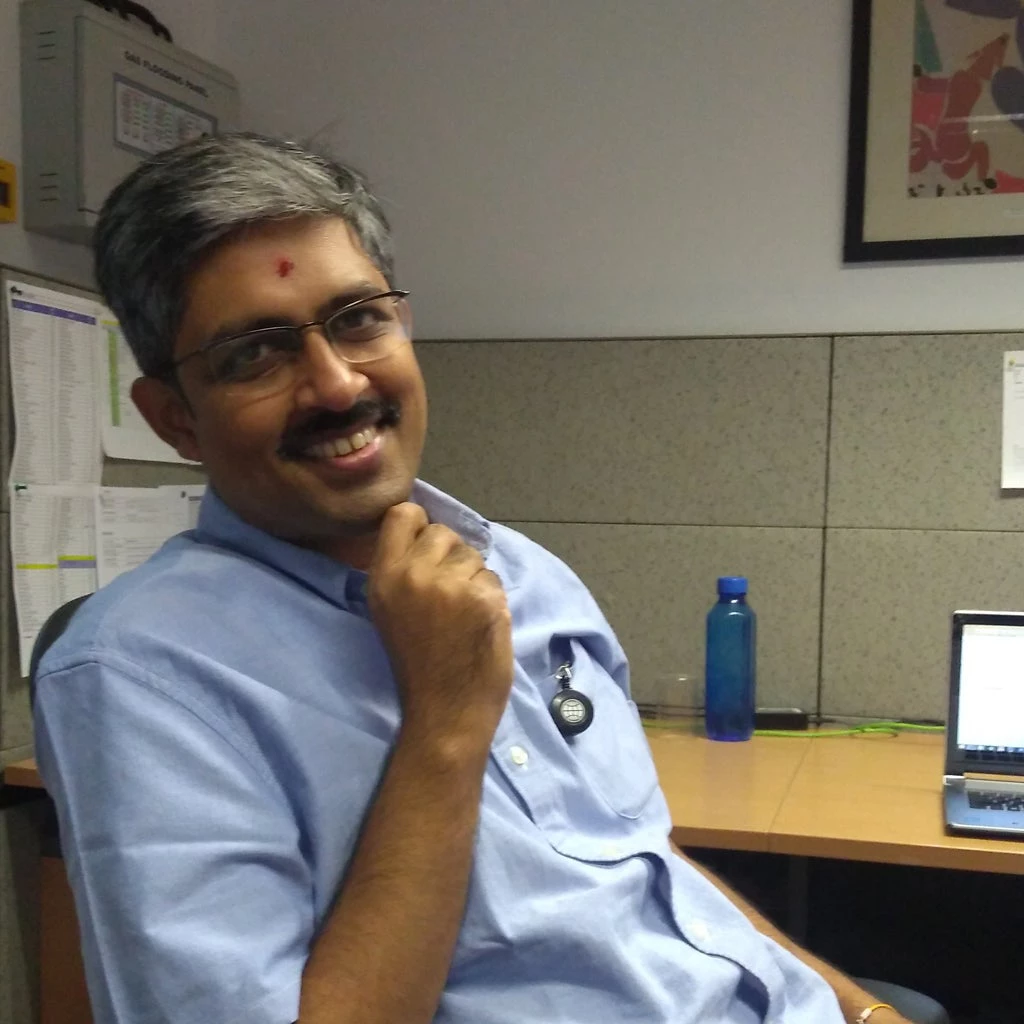
Until six months ago, people in the remote corners of India’s Himalayan state of Sikkim had to travel long distances over the hillsides to do simple banking transactions.
When they did reach a bank, it was usually overcrowded and understaffed. This made it difficult for rural folk, unfamiliar with formal financial systems to deposit or withdraw money, let alone borrow to meet their needs.
Now change is in the air. Ever since the North East Rural Livelihoods Project (NERLP) - supported by the World Bank - helped banks in Sikkim’s western and southern districts engage local women self-help group (SHG) members as their business correspondents, people in these distant parts have been able to bank at their doorsteps.
While the concept is not new in India, the two correspondents - one for each district - have proved to be nothing short of a miracle for this far-flung region. They have fanned out across mountain villages, equipped with palm-sized micro-ATMs, biometric readers, and internet-connected thermal printers. Villagers can now deposit their money easily, earn interest, and withdraw whenever needed.
In the six months since the correspondents were first introduced, business has soared. “In November 2018, when we first began, I did about 160 transactions worth Rs.1.2 million. As awareness has grown, this has risen steadily, and in March 2019 I did over 260 transactions worth Rs. 2.4 million ,” explained Lila Shilal, business correspondent for the IDBI Bank in West Sikkim’s Jorethang block.
Shilal has also benefitted in the process. She has started earning more than Rs.10,000 a month from the bank in transaction fees and commission and has used the amount to set herself up as an entrepreneur .
The project has introduced another financial service as well, this time at the bank itself. Here, bank sakhis - or female banker friends – help village folk and SHG members fill out forms and apply for loans.
This new cadre of women business correspondents and bank sakhis has not only benefitted local communities and given SHG members a new livelihood opportunity, it has also made life simpler for the region’s bankers.

Since the women know the local people well and engage with them on a regular basis, they help the bankers recover their dues, giving them the much-needed confidence to lend to SHGs. As a result, women’s groups are now taking loans to set up or expand small businesses, be it dairy farming, or bakeries .
The impact is clearly visible. Till mid-2017, when bank sakhis had not yet been introduced, only 60 SHGs in these two districts received loans from the formal banking system. By February 2019, this had soared to 1,636 – or half the total number of SHGs (3,285) in these two districts .
Led by India’s Ministry for the Development of the North East Region (MDONER) and the North East Council, the project will soon scale up these pilots to the 9 other project districts in Mizoram, Nagaland, Sikkim and Tripura. It will also seek to digitize transactions between project-supported farmers and their producer groups and producer organizations, creating a digital transaction trail that will increase transparency in the flow of funds through agricultural value chains.
Three factors have primarily made it possible to extend financial inclusion to the remote regions of northeast India :
First, the Government of India’s Pradhan Mantri Jan Dhan Yojana (PMJDY) has enabled almost all project SHGs and their individual members to open savings accounts with banks. This together with the Aadhaar unique identification system has provided the backbone for furthering financial inclusion.
Second, SHGs in remote areas are now able to conduct transactions through micro-ATMs, thanks to technological advancements that support operations by multiple members holding a joint account. Earlier, these micro-ATMs could only support individual customers.
Third, the strong institutional platform of women’s groups - which took the project three years to build - has helped supply a cadre of empowered women who have provided last mile financial connectivity.
Within this enabling environment, the project has conducted a series of strategic workshops with the region’s bankers, encouraging them to alter their mindsets and begin lending to poor rural women .



Join the Conversation